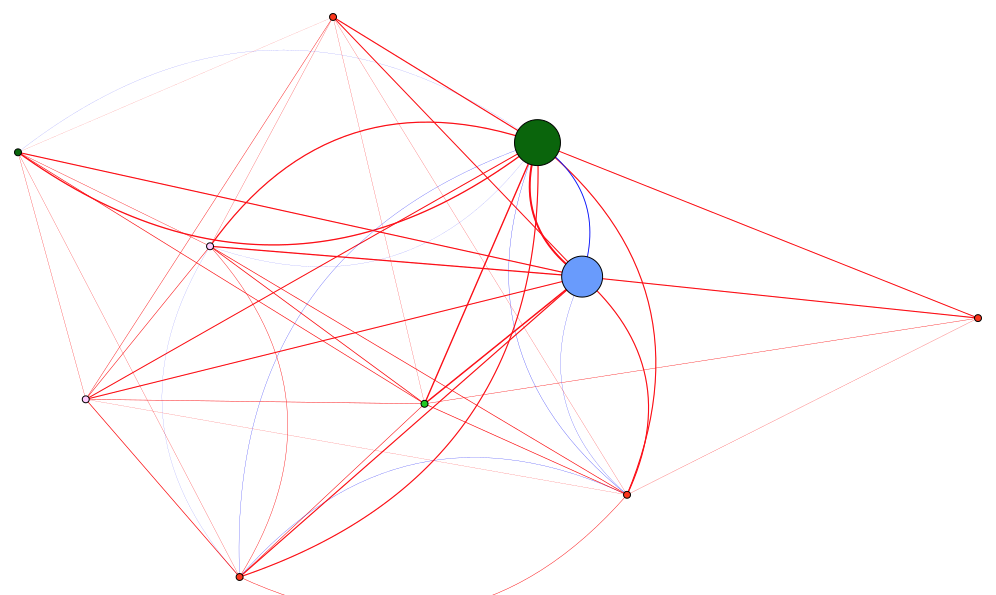
The distinctions between online, blended, and `standard' courses are disappearing. While research has shown benefits to using online, computer-based learning tools, little work has assessed their impact collectively or studied how students navigate and integrate these diverse learning platforms. This project will produce an analysis-ready, uniquely rich dataset that spans interaction types for multiple iterations of three distinct undergraduate computer science courses. We will also produce a rich toolset and novel analysis methods that can be applied across learning platforms to understand the impact of integrated learning tools across domains. The unique combination of highly instrumented, integrated learning data combined with our expertise in modeling student learning at multiple grain sizes will enable new insights into students' help-seeking and study behaviors, their social relationships within classes, and the impact of those factors on their performance.
This project will support the development of Concert a novel open platform for real-time data collection, integration, and analysis that will facilitate automated guidance, self-reflection and class management. Modern classrooms are increasingly defined by suites of online tools. This is particularly true in Computer Science where students regularly use automated graders, code repositories, forums, ticketing systems, and other online tools, many of which may be class-specific. While these tools may be individually beneficial this diversity of platforms adds a layer of complexity which can inhibit student engagement and thus limit students' learning.
The Concert platform will be designed to address these challenges by: helping students to monitor their own work across platforms; providing them with guidance on how or when to locate relevant information or seek expert direction; and helping instructors to identify students who are isolated or who are not using the resources effectively. This platform will be developed in concert with educators at NCSU and will be tested in real classrooms to assess its utility and impact on student performance.
This work builds upon the PIs substantial prior work and experience in this area. PI Lynch and Co-PI Barnes have studied the impact of social networks and cultural characteristics on students in MOOCs and blended courses. Specifically, Lynch and Barnes have developed tools to integrate and analyze post-hoc data collected from student forums and other tools of the type that will be analyzed here. Co-PI Heckman has studied the effect of integrating novel tools and development techniques, such as continuous integration, into undergraduate courses. Specifically, Heckman has developed tools to collect and analyze data collected from source code repositories and other analysis tools.
This research is supported by the National Science Foundation under grant (IUSE #1821475)
